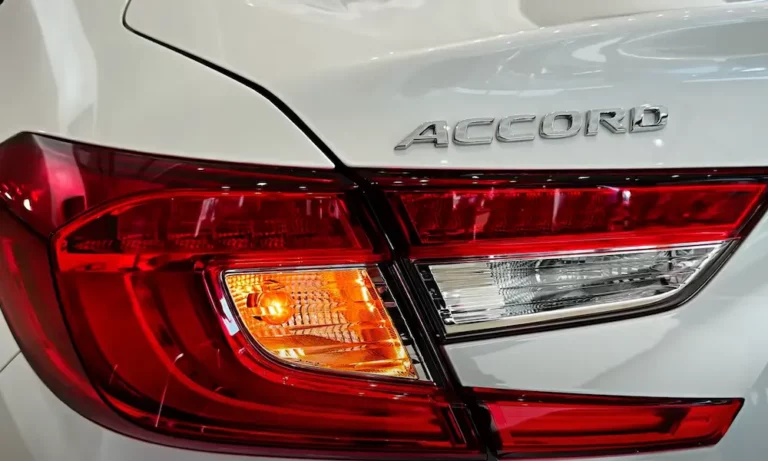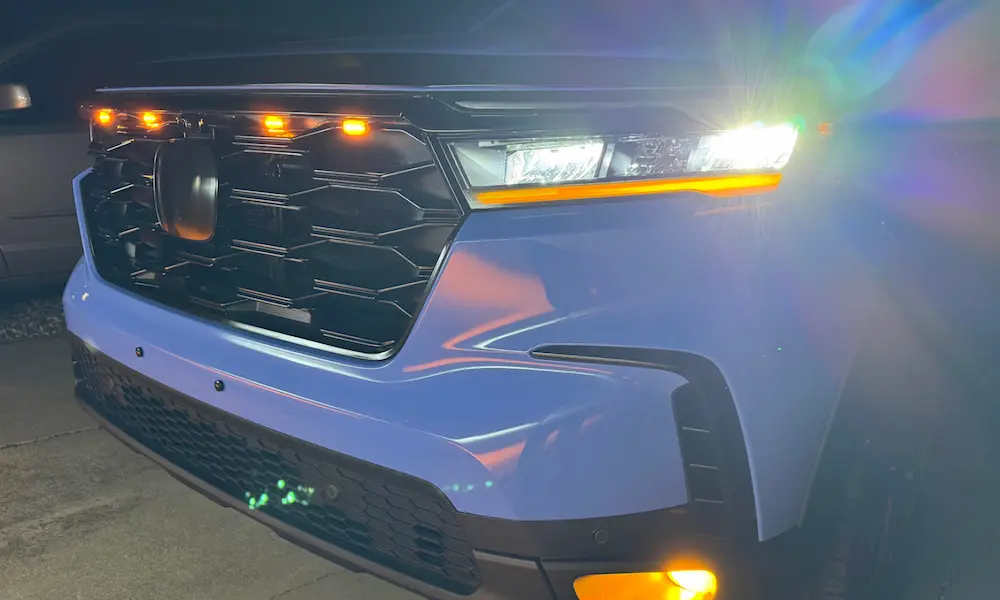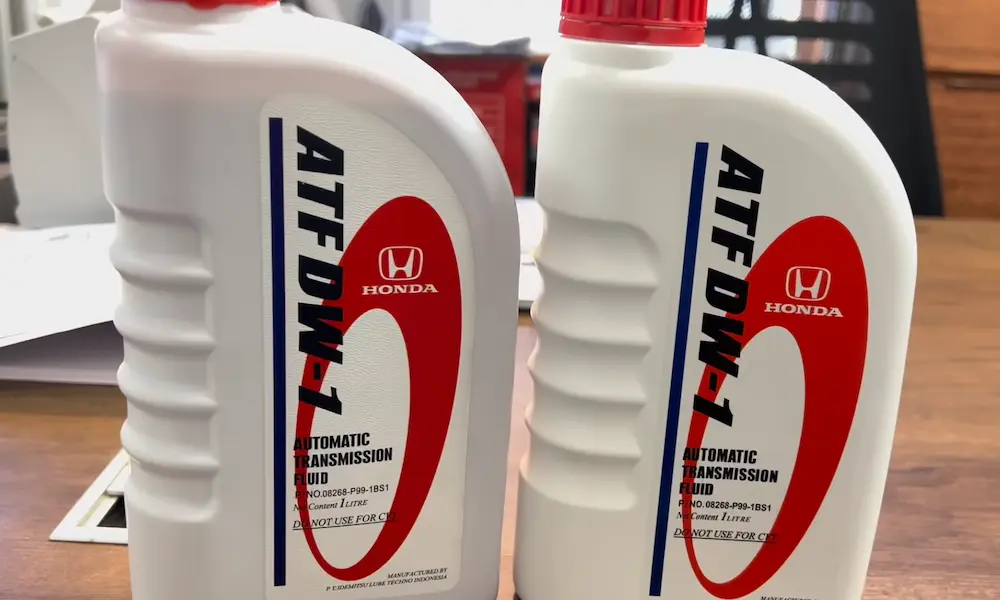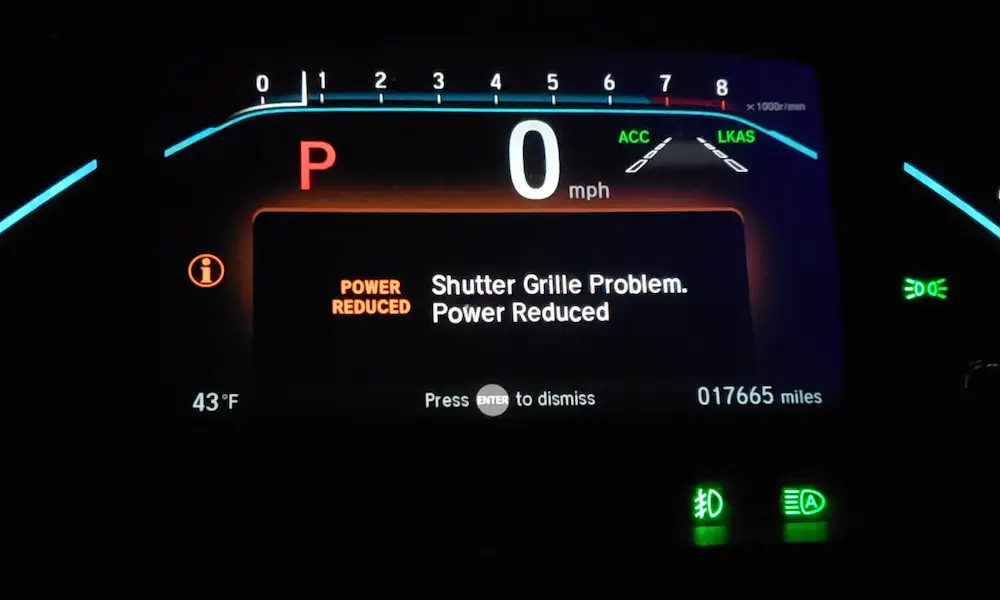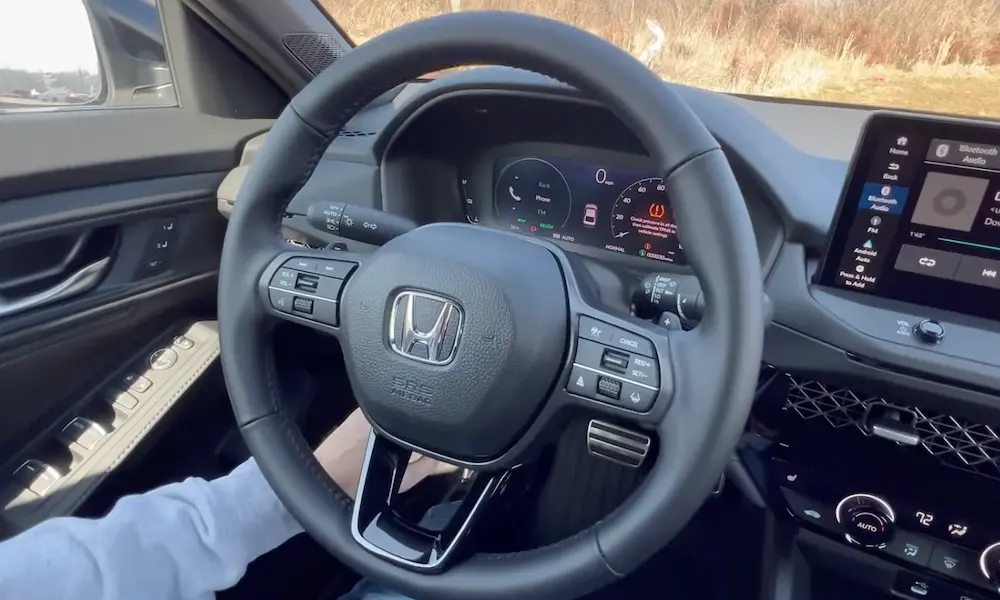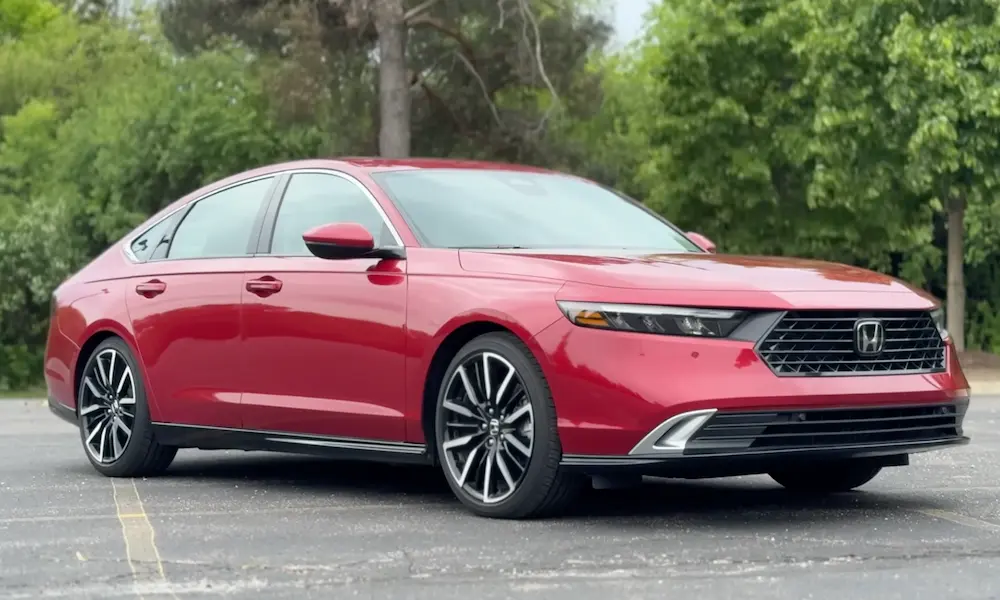Dealing with Honda Accord transmission problems can be frustrating, but you’re not alone. Understanding issues like slipping gears or fluid leaks can help you get back on the road quickly. By identifying common signs and knowing potential causes, you can take steps to fix these concerns. Dive deeper to discover helpful tips and solutions that might just solve your problem.
Symptoms and Diagnostics
When your Honda Accord has transmission problems, you might notice several symptoms. These can help you identify the issue early and address it before it worsens. Understanding signs like warning lights, strange sounds, and fluid leaks will aid in diagnosing the problem.
Check Engine Light and Error Codes
Your check engine light can be a crucial indicator of transmission issues. If it comes on, your Accord might have a problem that needs attention. Error codes, such as P0700 or P0730, can help pinpoint the issue.
Using a diagnostic scanner to check these codes can reveal if your transmission is slipping or overheating. This step is important for understanding what might be wrong with your vehicle’s transmission system.
Unusual Noises and Burning Odor
If you hear unusual noises, like thumps or clunks, when changing gears, it could be a sign of trouble. These sounds often suggest parts may be worn out or damaged. Along with noises, a burning odor is another red flag.
This smell might mean the transmission fluid is overheating, which can lead to further problems. It’s important to address these symptoms promptly to prevent more costly repairs.
Fluid Leaks and Overheating
Transmission fluid leaks are a common issue. You might notice red or brown fluid under your car if there’s a leak. This can lead to transmission overheating as fluid levels drop, creating a risk of damage to the system.
Regularly checking and maintaining fluid levels is important. If you suspect a leak, it’s best to inspect your transmission and fix any issues to avoid larger problems down the road.
Common Honda Accord Transmission Problems
If you’re experiencing issues with your Honda Accord’s transmission, you’re not alone. Several problems frequently affect these vehicles, including slipping gears and delayed shifting, which can lead to performance issues.
Slipping Gears
Slipping gears is a common complaint among Honda Accord owners. You might notice your car changing gears without warning, which can cause a sudden loss of power. This is often due to a problem within the transmission system, like worn-out gears or low transmission fluid.
Slipping can create a dangerous driving experience because it reduces vehicle control. Ensuring your transmission fluid is at the correct level and quality can help, but persistent issues may require a professional inspection.
Delayed Shifting
Delayed shifting occurs when you experience a pause while the car moves between gears. In the Honda Accord, this can be particularly noticeable when accelerating or decelerating. It might feel like the car hesitates before reacting to your actions.
This issue often results from problems such as damaged solenoids or low transmission fluid levels. You may also find that delayed shifting can affect fuel efficiency, leading to higher consumption, so addressing it promptly is key.
Unexpected Acceleration
Unexpected acceleration isn’t just annoying; it can be dangerous. Some Honda Accord owners report that their vehicle accelerates without pressing the gas pedal. This can sometimes occur when there is an electronic issue within the transmission system.
It’s critical to deal with unexpected acceleration by having the car checked by a professional. They can ensure all electronic connections and sensors are functioning properly to prevent accidents or further mechanical problems.
Irregular Down-Shifting
Irregular down-shifting refers to the car’s tendency to change to a lower gear unexpectedly. This can cause sudden jerks or even make the car come to a stop unexpectedly. It’s a concern often noted in older models once they surpass high mileage.
Common causes include worn-out gears or failing transmission components. Left unchecked, this problem can lead to transmission failure and costly repairs. Regular maintenance checks can help catch the issue early, keeping your Accord running smoothly.
Maintenance and Care
Taking care of your Honda Accord’s transmission involves regular maintenance checks and keeping an eye on the transmission fluid. By sticking to a good maintenance schedule, your car can run smoothly and avoid some common transmission problems.
Regular Maintenance Schedule
Staying on top of a regular maintenance schedule helps keep your transmission in great shape. You should plan routine checks at least every 30,000 to 60,000 miles. During these checks, mechanics can inspect various parts, look for potential issues, and replace components if needed.
It’s smart to follow Honda’s specific schedule because each model might have different requirements, especially if it involves the models known for problems like 2003 and 2008. Protect your investment by sticking to this schedule.
Checking Transmission Fluid
Checking the transmission fluid is a simple yet crucial task. Low transmission fluid can lead to serious problems like slipping or stalling. Make it a habit to inspect the fluid levels monthly.
To check the fluid, park your car on a level surface, turn off the engine, and use the dipstick to see the fluid level. The fluid should be between the “full” and “add” marks. If the level is low, make sure to add the correct type fluid recommended for Honda Accords to avoid further issues.
Significance of Fluid Quality
Transmission fluid quality is just as important as the fluid level. Over time, the fluid can degrade, affecting the transmission’s performance. Use brightly colored, clean fluid with no burnt odor.
Poor quality fluid can cause overheating and unusual noises while driving. Replace the fluid according to Honda’s guidelines or sooner if you notice changes in color or smell. Good fluid quality not only helps with shifting smoothly but also prolongs the life of your transmission system.
Paying attention to these aspects can ensure your Honda Accord’s transmission remains in top condition.
Troubleshooting and Repair
Dealing with transmission problems in your Honda Accord can be a bit challenging. It’s important to identify whether the issue is minor or requires a professional touch. You’ll also want to explore various repair options, from DIY fixes to full transmission rebuilds.
Identifying the Issue
To start, pay attention to symptoms such as slipping gears, delayed shifting, or unusual noises. These are common signals of transmission trouble. Check your transmission fluid regularly as low levels can lead to many problems. If you notice leaks under your car, it may indicate a seal problem or a more serious issue.
Sometimes, a simple software update can fix electronic and control unit glitches. Use an OBD-II scanner to detect error codes which can help pinpoint the problem.
DIY vs Professional Mechanic
If you have some mechanical skills, you might fix minor issues yourself. Simple tasks like replacing the transmission fluid or a sensor can often be done at home. DIY repairs can save time and money, but they come with risk. If you’re unsure, it’s safer to contact a qualified mechanic.
For complex issues, especially mechanical failures, a professional’s expertise is invaluable. Mechanics have tools and knowledge to tackle in-depth problems and can ensure proper transmission repair.
Repair and Rebuild Options
When it comes to fixing your transmission, there are several paths you can take. Repairing specific parts, like solenoids or gears, might be sufficient and cost-effective. This approach targets only the faulty elements, saving time and resources.
A transmission rebuild, on the other hand, involves dismantling the entire system to replace or refurbish all its components. While more expensive, rebuilding can restore your transmission to near-new condition.
Discuss options with your mechanic to determine the best course of action based on the severity of the issues you’re facing.
Cost Considerations
When dealing with transmission issues in a Honda Accord, understanding the associated costs is crucial. This includes both the immediate repair expenses and the long-term value of maintaining the vehicle.
Cost of Common Repairs
Repairing a Honda Accord transmission can vary significantly based on the issue. Minor fixes might cost around $100, while major repairs or replacements could range from $1,000 to $4,500, depending on the type of repair and the service center. For example, automatic transmission repairs typically cost around $2,200. It’s essential to get a detailed estimate and understand what each repair entails.
In addition to repair costs, you might also face expenses related to excessive oil consumption, which can affect transmission performance. Regular maintenance can help avoid some of these costly repairs by catching problems early.
Long-Term Value
Maintaining your Honda Accord’s transmission can add value to your vehicle by ensuring it runs smoothly and reliably. The cost of regular maintenance might seem high, but it often saves you money in the long run by preventing more costly repairs.
Consider the long-term warranty options when repairing or replacing your transmission. Some repair shops offer extended warranties, such as a 40,000-mile warranty, which can provide peace of mind. Balancing immediate repair costs with these long-term benefits can help you make a well-informed decision about your vehicle’s future.

